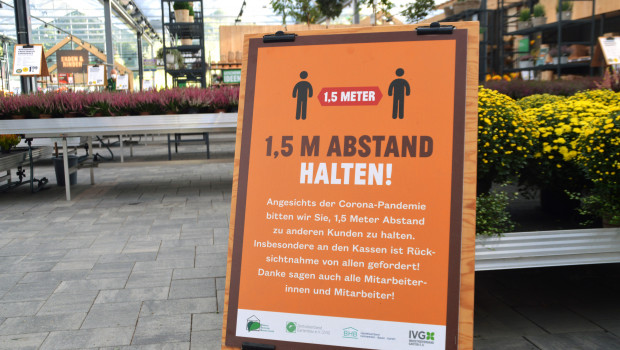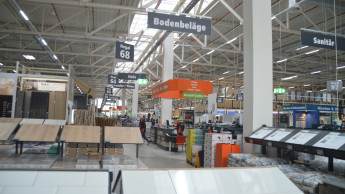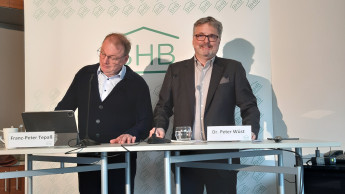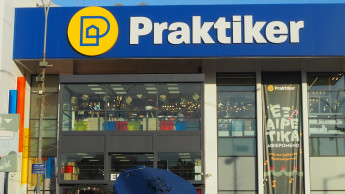In Germany, the sales of DIY and garden centres increased by 14.9 per cent to EUR 11.52 bn in the first half of 2022. On a like-for-like basis, the increase was 14.3 per cent. This was reported by the German DIY, Construction and Garden Trade Association (BHB). The overall very high growth in the first half of the year must be seen against the background of the direct comparison with the lockdown phase in 2021. Already in the second quarter of 2022, the industry showed growth of only 0.4 per cent according to the BHB, which is tantamount to quasi-stagnation, as the association notes.
Looking at the first half of the year remains difficult for the DIY and garden centres, as the BHB notes. "Actually, after the already predicted quasi-end of the pandemic, more trading normality should return to the markets from spring onwards - but globally, still high numbers of cases continue to hinder production and supply chains, and the terrible war against Ukraine not only causes further disruptions in the supply chain, but also drives inflation and prices in almost every sector in addition to consumer uncertainty," it says in a statement. This is making customers far more cautious and they are holding back investments.
BHB Managing Director Dr. Peter Wüst is therefore also more concerned about the foreseeable trend for the next few months: "Everywhere, the first effects of inflation and the supply chains, which have been disrupted for a variety of reasons, are now already becoming clearly apparent."
For example, according to BHB, the month of June in Germany remained around ten per cent below the corresponding figure for the previous year. "On the one hand, an effect from the comparison with the lockdown end in 2021 and correspondingly strong 're-buying', but also already signs that people are tending to put many other, non-imperative projects on hold in the face of extreme price increases for energy and food," says the BHB.

 Menü
Menü

















